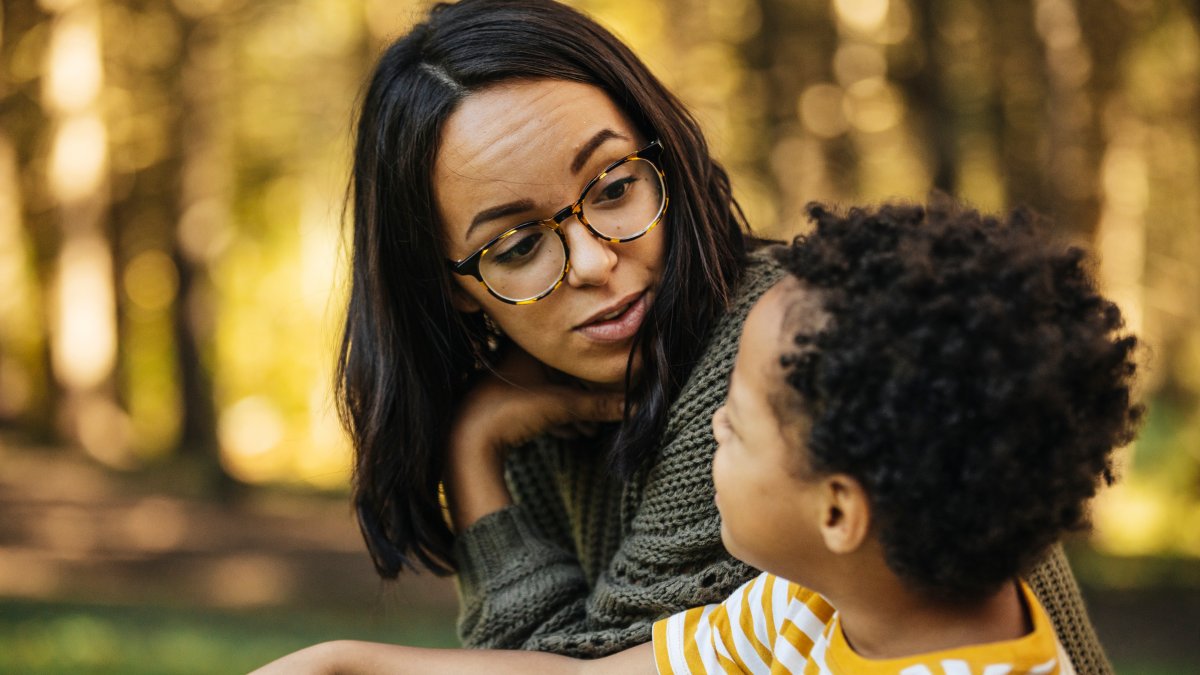After the shooting at a private Christian school in Nashville, Tennessee, in which 6 people died, including 3 minors, the question of how to talk to children about this type of massacre arises.
In the past, clinical psychologist Natalie Alexis said parents need to listen to their children, validate their feelings, and have an honest conversation.
“When a child is stressed, especially younger ones, they often don’t have the words to express how they feel, so they may internalize some of that stress, and we know that stress has an impact on our body,” Alexis said.
THE CONSEQUENCES OF STRESS ON CHILDREN
Stress can cause stomachaches, headaches and trouble sleeping in young children, according to Alexis, if they are unable to manage their emotions.
Dr. Rachel Merson, clinical director of Boston University’s Child and Adolescent Fear and Anxiety Treatment Program, offered advice for parents having those difficult conversations with their children at home.
“As parents, we don’t need to go into a lot of detail, but opening up a channel of conversation through a few open-ended questions can help kids feel safer and more comfortable,” Merson said.
Research shows that in difficult situations, it’s often the parents who are more anxious than their children, which is why Merson said it’s vitally important for parents to control their own emotions.
“Children will understand that adults around them feel uncomfortable and that something is uncertain, and that will trigger a child’s anxiety more than just seeing something on the news” , Merson said.
Kids can ask questions like what to do if someone walks into my school or if a shooting might happen on my campus. It’s best to let them start the conversation on their own, ask them what their doubts are, and find a suitable space and time to talk about them. Los expertos señalan que las respuestas a estas preguntas no pueden ir acompañadas con una mentira, sino que los padres, de acuerdo a la capacidad del niño, puedan hablar con la verdad y general confianza en ellos de que no hay un latente peligro, que todo he will be fine.
Meanwhile, on our sister network NBC News, Kristin Wilson, a licensed professional counselor and doctor with a teenage daughter, said, “To have these open and honest conversations, you have to take care of yourself as a parent. Have your own support system in a spouse, friend, or someone else to turn to so that when you talk to your child, you have already dealt with them.
They also recommend teaching them relaxation and breathing techniques to manage stress and anxiety.

